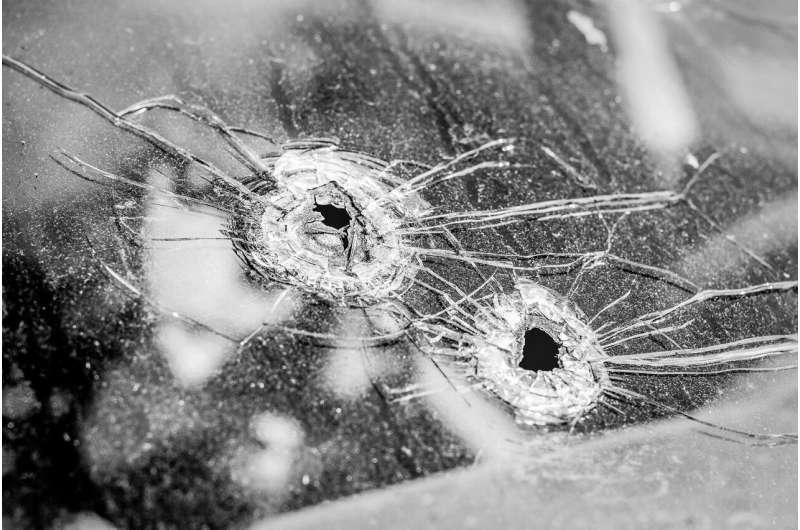
Credit: Pixabay/CC0 Public Domain
Tage Rai, an assistant professor of management at UC San Diego’s Rady School of Management who studies ethics and violence, co-authored the book “Virtuous Violence.” The book outlines research that finds that most acts of violence are driven by moral motives on the part of perpetrators. That is, perpetrators believe they are doing the right thing when they hurt and kill their victims.
In this Q&A, Rai, who teaches negotiation at the Rady School, addresses dual crises impacting America—police brutality and gun violence—and what can be done to prevent them.
“I think that if you want to prevent violence, then the first key is understanding the motives that underlie it. We need to confront the possibility that actually a lot of violence isn’t driven by an absence of morality in the minds of perpetrators. It’s actually driven by a presence of moralistic and ideological motivation,” Rai said.
In the case of police brutality, ethnographic and historical evidence suggests that police officers involved may view themselves as authorities who demand respect and obedience from civilians. Rai outlined this in chapter four of “Virtuous Violence” [as] “…the right and obligation of parents, police, kings and gods to violently enforce their authority.” In this context, officers believe that they are entitled to hurt civilians and that bystanders should trust their judgment absolutely—anything less than absolute trust is perceived as betrayal and disloyalty. The worst offenses are disrespect, disobedience or any effort to harm the officer. Such offenses are worse even than the crimes that police are tasked with preventing. Spitting in the face of an officer or cursing them out might be more likely to result in police brutality than robbing a store or harming another civilian.
This authority relationship also takes on racial connotations, with some officers seeing themselves as warriors policing “the enemy,” largely composed of Black citizens who are seen as less worthy of full citizenship and who pose a threat to the social hierarchy that the police defend.
Officers of all races use force against Black civilians more than white, but those effects are at least somewhat reduced when officers are Black too. However, race of the officers alone won’t solve the problem of police brutality.
2023-03-19 01:00:04
Original from phys.org
